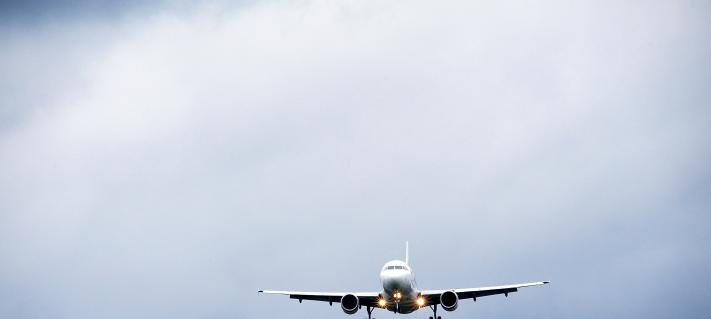The flight that has taken hours is finally over, and you’ve landed in your destination. At the airport you stand by the baggage carousel in the baggage claim hall, waiting for your luggage to appear. Finally, the belt stops moving, but your suitcase is nowhere to be seen. Now what?
The very first thing you should do is to contact the service desk of your airline, where you can report the delayed baggage. The arrival service will enter your information into a worldwide Baggage Tracing system and give you a Property Irregularity Report (PIR) with a report number. The report number allows you to keep track of the situation online via the WorldTracer service.
You can also update your contact details in the system. Many airlines will transport the delayed baggage to the owner, so it is worthwhile to keep your contact information up to date.
Many airlines have an electric baggage tracing form, which must be filled in, if the delayed baggage is not found within 72 hours. Baggage is considered delayed for three weeks. If it is not found within 21 days, the airline must compensate for the lost property – even if the belongings are found later. To claim compensation, you need to be able to list the items lost in detail.
Compensation is based on the value of lost goods
To claim compensation for delayed baggage, be sure to contact your insurance company or fill in the claim form within 21 days after your baggage has been delivered to you. Keep all documents including receipts from purchasing indispensable items such as clothing or toiletries.
Usually, you will only receive compensation after you’ve returned from your trip, but your carrier may give you a set of necessities or a voucher for buying some. However, the airline may not compensate the full price of all the replacement items you’ve purchased. Only necessities are compensated.
The compensation is always based on the amount of money lost, not on the harm inflicted on the passenger. In the Montréal Convention, an international treaty protecting the rights of passengers, there is also a maximum liability of airlines for lost baggage and a deadline for filing for compensation. According to the treaty, the liability for baggage loss or delay is limited to approximately one thousand euro. The sum fluctuates as it has been defined in Special Drawing Rights (SDR), determined by the International Monetary Fund and based on exchange rates.
Nonetheless, it pays to negotiate with your carrier, as the nature and purpose of the trip affects the amount of compensation. Airlines may partially reimburse your trip, if the purpose of the trip suffers from baggage delay, or compensate for a hotel room, if your intention was to go camping, and your tent went missing along with your luggage.
Here is how you can minimise any possible inconvenience
1. Pack the essentials in your carry-on baggage: medication, travel-size toiletries, some underwear, a clean t-shirt and a pair of shoes that are appropriate for the weather conditions in your destination.
2. Be prepared especially if you’re transferring along the way. If the transfer schedule is tight, your baggage may not make it to the next plane. When it comes to transferring, a longer layover is actually a smarter choice than a close run.
3. Do not pack valuables like money, jewellery or keys, in your checked baggage.
4. Agree with your travel companion to pack some necessary items in each other’s bags. That way, if one of the bags strays, you will still have at least one change of clothes with you.
Sources: Yle Uutiset, Finnair, Airhelp



